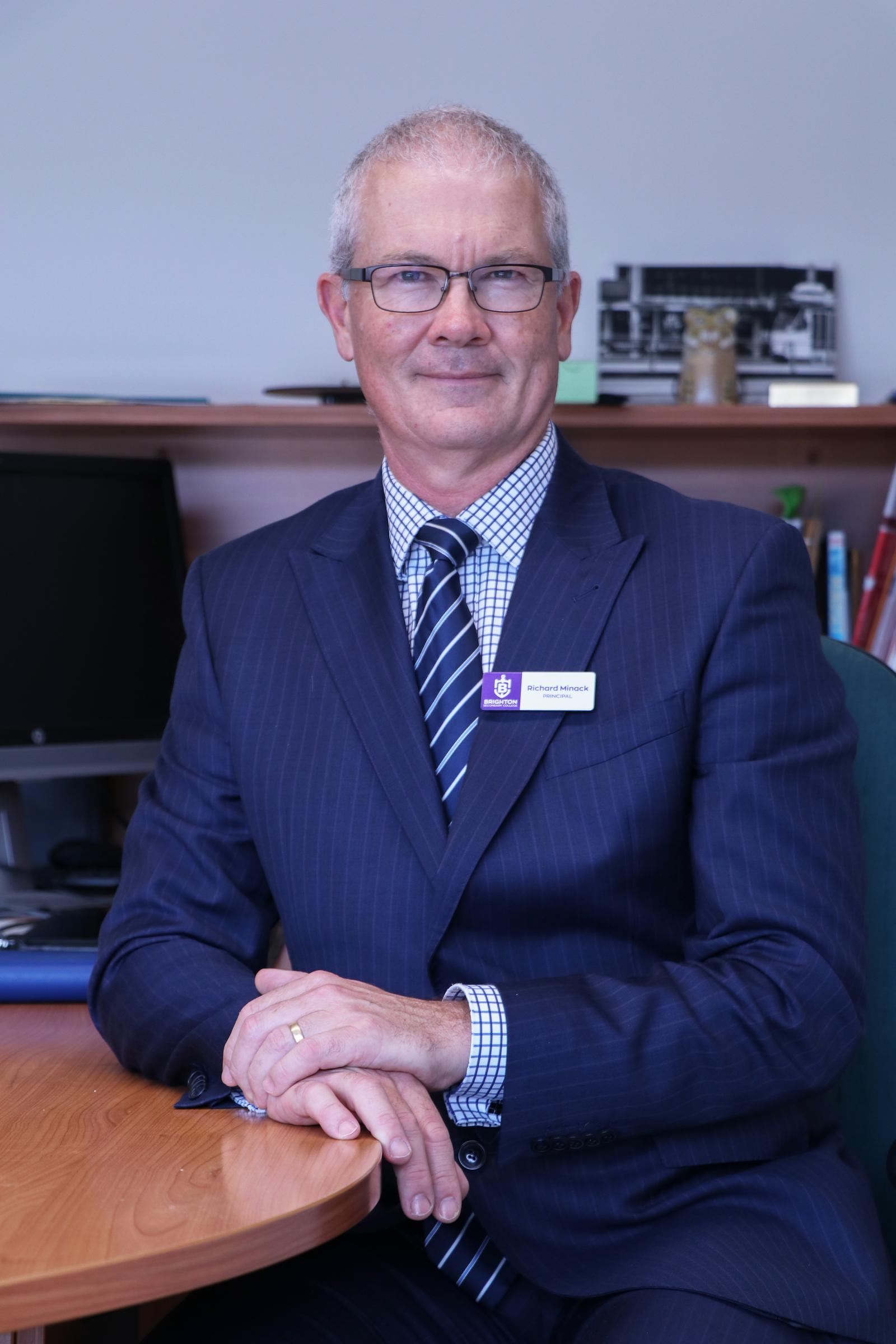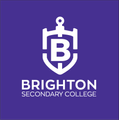PRINCIPAL REPORT

From the College Principal
SPECIAL REPORT: Sextortion - what you need to know
The process of learning partnership
Dear Parents and Carers,
I often write about the fact that preparing young people to be successful in life after school involves a partnership between the school, our students, and their parents/carers.
As we get to the ‘pointy’ end of the year for our senior students, and as our junior students settle back into their learning routines after the COVID interruptions, I wanted give you some practical guidance to assist you in engaging with your role in this partnership.
Knowing what’s going on
Sir Francis Bacon is the person first attributed with the saying, “Knowledge is power.” Keeping informed of key information at school will really help you understand your child’s needs, and give you an opportunity to plan interventions, or celebrate successes, as appropriate. So therefore, the following actions may assist you with this:
- Attending relevant BSC information nights.
- Using Compass.
- Reading Highlights.
- Asking your child about what they are learning.
- Attending TAPAS evenings (parent-teacher conferences).
- Discussing written reports with your child.
Developing dispositions which support learning
We often focus our attention on students’ attainment levels on academic skills and knowledge. However, much research has demonstrated that the development of certain dispositions in young people makes them better learners (and therefore enables them to attain at the best possible level).
Some things you can do to assist in the development of some of these very beneficial dispositions include:
- Acknowledging your child’s mistakes and encouraging them to see them as a positive opportunity to learn.
- Encouraging your child to seek out and implement feedback.
- Focussing on learning growth rather than attainment, as this encourages a growth mindset
- Modelling behaviours to encourage your children to become ‘readers’ in addition to being literate. This may include making sure your children see you reading regularly, sharing texts with them, and restricting screen time involving videos or social media.
- Encouraging your child to persist when things are difficult. Make sure your child has all the relevant materials available to them so they can develop and display resourcefulness when they get ‘stuck’ on a problem, for example text books.
Supporting your learner
Learners need our support. Typically, the younger the learner, the more support they need. Students in the first years of secondary school still require considerable support. Examples of the support you can give them include:
- Celebrating your child’s achievements.
- Encouraging your child’s learning.
- Setting aside a quiet space for your child to study.
- Helping your child design a study plan.
- Ensuring your child has all items listed on the booklist.
- Discussing post-schooling options with your child (This can help senior students by clarifying their thinking and focussing their efforts in areas they know will benefit their future career aspirations).
- Trying to limit your children’s multi-tasking (There is lots of evidence that shows studying while listening to music, of engaging in social media interactions- or all at once- is very detrimental to learning).
This is not intended as a prescriptive list of ‘must do’s’ for all of the time. As a father of children who have completed secondary school, I understand the pressures of long work hours, junior sport commitments, and any number of other household dynamics, which can make this a challenge for many families.
That said, I think it is very important that parents consciously and deliberately plan how they intend to support the learners in their homes, otherwise, the hurly-burly of life I alluded to above, may well ensure that learning takes second (third or fourth) place to other things.
Yours sincerely,
Richard Minack
Principal
